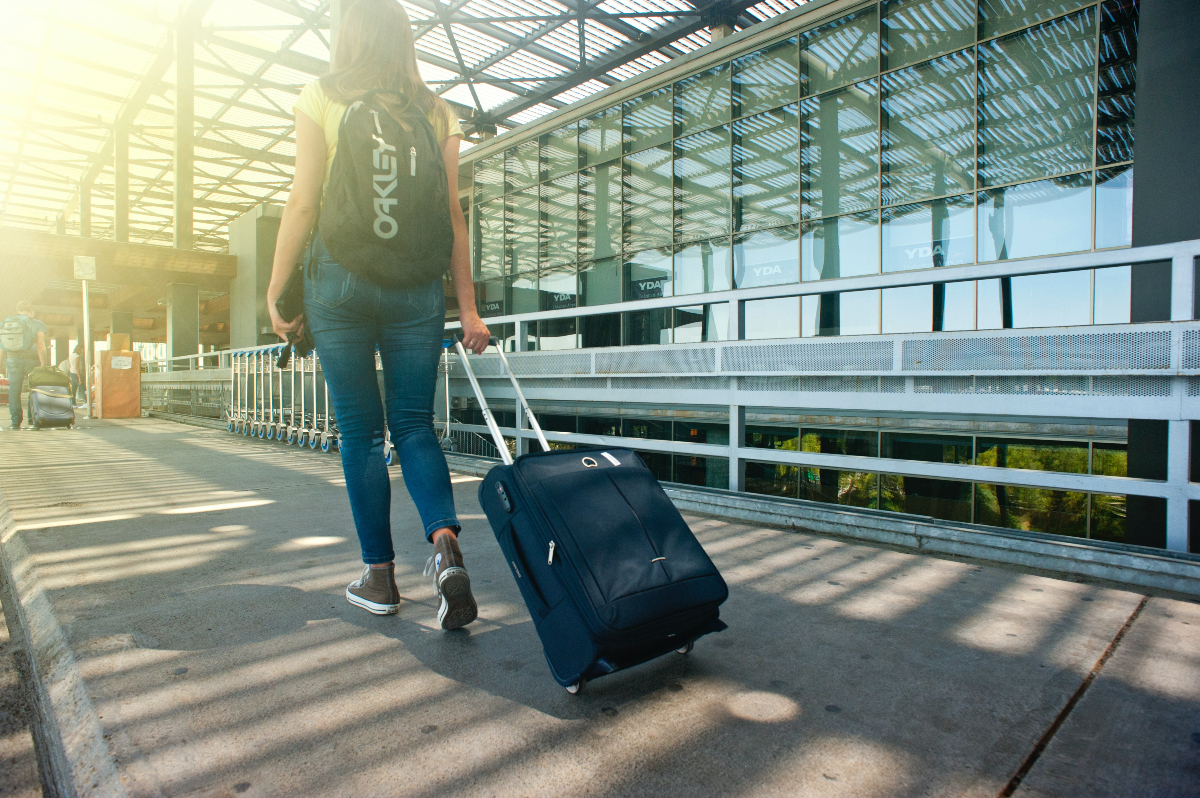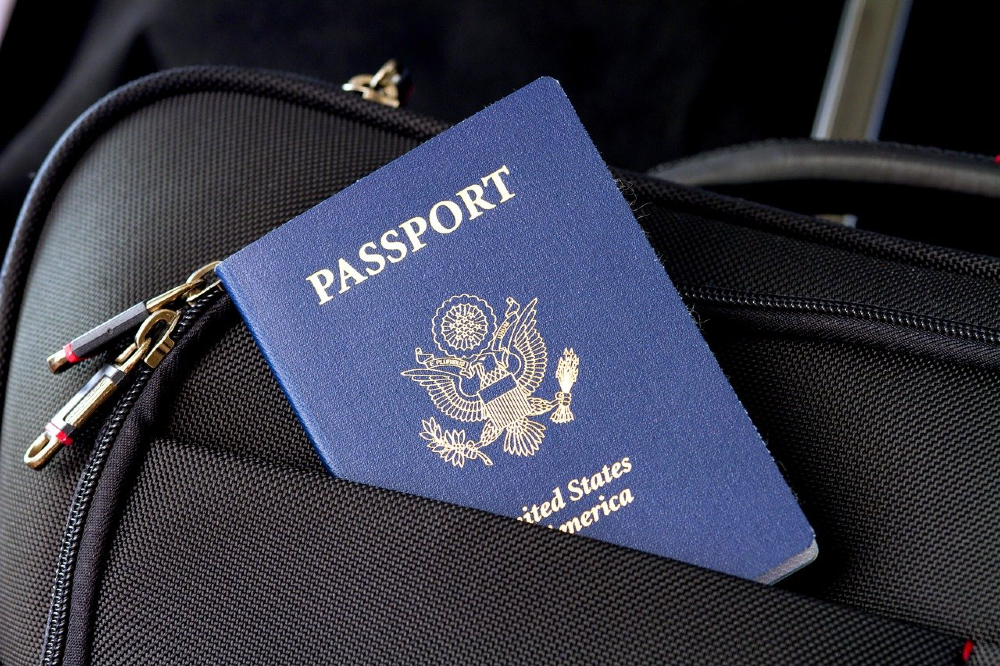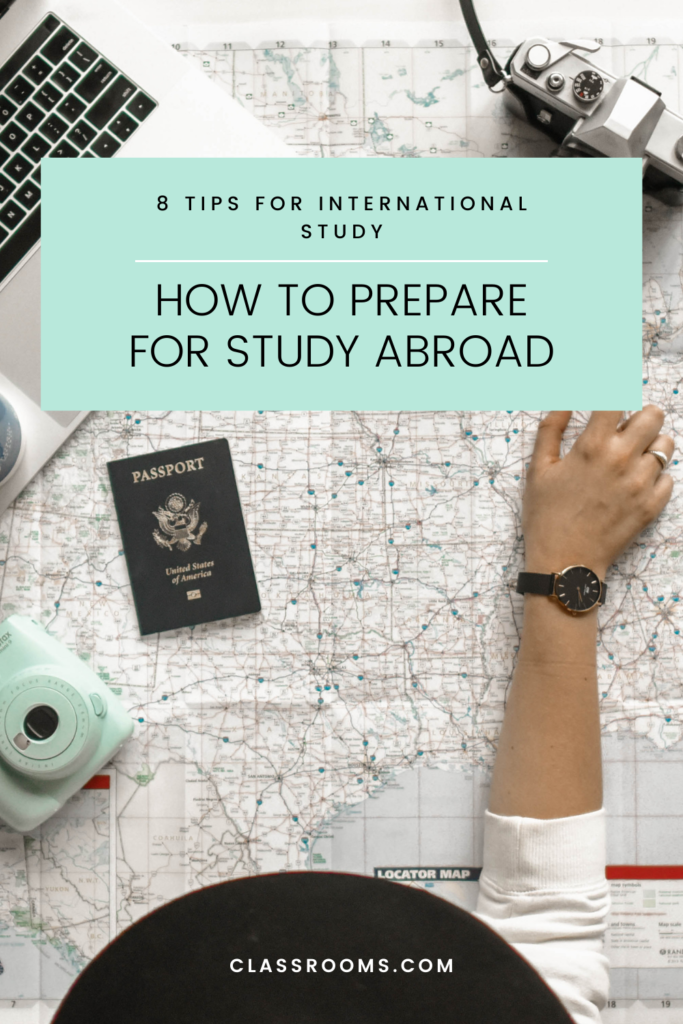
We are a reader-supported education publication. When you buy through links on our site, we may earn an affiliate commission to help us keep providing content.
Study abroad is one of the most exciting opportunities in your life. It will be a unique cultural experience that can change the way you view the world. While you may feel excited and ready to board the plane, there are a few to-dos to ensure your experience is fun, safe, and smooth.
Knowing how to prepare for study abroad is half the battle. Here are eight tips to follow before you arrive.
1. Do Your Research
While you’re probably familiar with the school and program of study, it’s also important to learn about the country itself. Research everything from the food and weather to the culture and social cues. Depending on the country, they may speak a foreign language or use unfamiliar slang terms.
“Research everything from the food and weather to the culture and social cues.”
Start practicing by creating a small reference journal of keywords and phrases to help you get around. In that same journal, you should list any emergency phone numbers you might need.
Numbers you should include:
- Emergency hotline
- Police
- The U.S. Embassy
- University mainline
It’s better to be safe than sorry when traveling, especially if you aren’t fluent in the language.

2. Update Your Documents
You’ll need to apply for a student visa to study abroad. Many schools help with the process, but it’s your responsibility to arrange everything before the flight.
Check that your passport will be valid for the entire duration of your trip. As a general rule, it should be valid for at least six months beyond your date of departure from the U.S. Before you leave, remember to make photocopies of your passport and visa to keep in case of an emergency.
You’ll also need certain documents to board your flight and be admitted into the country, including passenger locator forms, COVID tests or vaccination records in certain countries. Make sure to research and have these documents prepared ahead of time.
3. Figure Out Your Finances
During your research, you should learn about the currency of your study abroad destination. Airports are known for having horrendous exchange rates, so plan to take out cash while still in the United States. If you need additional money while abroad, use an ATM.
Plan ahead by alerting your bank that you will be traveling abroad. Set up an online account and register for fraud alerts. Consider signing up for a travel credit or debit card to get free foreign transactions. Some cards even come with bonuses like discounts on airfare.
It’s best to set a budget in advance to know how much money you can spend each day without worrying about conversion rates or guesswork.
4. Enroll With the State Department
When considering how to prepare for study abroad, you must register with the U.S. Department of State. Their Smart Traveler Enrollment Program (STEP) is free to use and provides you with safety condition updates for your intended destination. By registering, the local U.S. embassy or consulate is alerted of your presence and can contact you if there is an emergency like civil unrest or a natural disaster.

5. Start Packing Your Suitcase
In the U.S, there’s minimal need for walking, and a Walmart exists in practically every town. That won’t be the case for studying abroad so you should start planning your suitcase accordingly. Skip the heels and strappy sandals in favor of durable walking shoes. Cobblestone streets line many cities abroad, so it’s easy to twist an ankle if you don’t have proper footwear.
You should also consider purchasing a money belt or purse with a zipper. Pickpocketing is prevalent in most tourist destinations and large cities.
Evaluate the climate of your study abroad destination during your intended time of travel. For example, in Scotland it rains year-round and can be cloudier and windier than other UK locations like London. Depending on where you plan to travel, you could need a rain jacket and boots, or shorts and a sun hat.
While packing clothes, reflect on the country’s culture and be sure to skip anything that could be considered controversial or disrespectful. It’s best to wear casual clothes so that you aren’t targeted as a wealthy tourist.
6. Learn the Laws
There’s a difference between having fun and breaking the law. If you violate the host country’s laws, you can be held accountable, tried under their judicial system, and thrown into jail.
Some laws may be surprising or perfectly legal in the U.S. However, you will be under their jurisdiction, so you must follow the rules, regardless of your personal stance. Research in advance, but use common sense if something feels out of place and you’re uncertain.
7. Order Medicine and Insurance
If you use a prescription medication, it may not be available in your destination country. To avoid stress and confusion, talk to your doctor, and try to order your medication in advance. Be sure to carry your official script from your doctor in case border authorities have any questions. Some drugs, like certain inhalers, are illegal to possess abroad, and they could be confiscated.
Prior to departure, you should research the guidelines of your health insurance. Some plans cover international travel, while others have limitations. Assess whether you should get travel insurance on top of your standard plan.

8. Check Your Phone Plan
Most major networks offer international phone plans, but they can be expensive and limited. Pay as you go plans while abroad are often cheaper and more reliable than keeping your U.S. carrier. A quick Google search will guide you towards popular carriers in the host country.
If you have an unlocked phone, you will likely be able to swap in the sim card for the trip’s duration without any difficulty. While you are checking your phone, explore popular phone apps used to simplify travel. These apps allow you to talk with friends and family abroad for free using Wifi.
Keep an Open Mind
Now that you know how to prepare for study abroad, you’ll execute these eight tips with ease. Traveling to a new country is an unbelievable adventure. You’ll make new friends and countless memories to cherish for years. These tips will help you to have a smooth transition to this next chapter of your life.

latest in learning!
Get the latest updates in learning, teaching and everything in between! Whether you're a student or an educator, we offer the inspiration you need to fuel your classroom experience.








